
Company follows industry's job-slashing trend

Pharma giant's house gets a little cleaner after whistle-blower's accusations

Novartis' Zelnorm is back, but only through a restricted-access program.
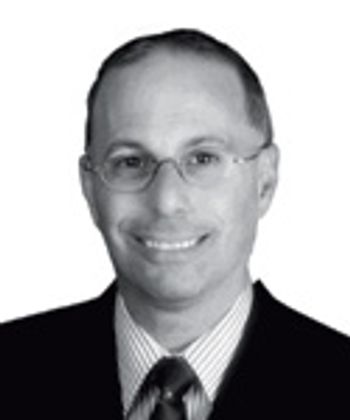
The US healthcare system may be broken, as such sages as Michael Moore suggest, but it's not likely to be fixed as long as our domestic debate remains stuck on the cost of prescription drugs. Meanwhile, obesity and diabetes are becoming national epidemics. Talk about sicko.

Severin Schwan takes over at Roche

Spending expected to increase mildly in the short term

In the wake of a high-profile death from counterfeit drugs, the industry reacts

But is the pharma-biotech vaccine deal a prelude to a takeover?

It was a short, sweaty week complete with fireworks....

...And the spurned suitor won't take "No" for an answer

All hell broke loose on May 21 when the New England Journal of Medicine released Cleveland Clinic cardiologist Dr. Steven Nissen's meta-analysis of 42 studies of Avandia, showing a 43 percent increased risk of heart attack.
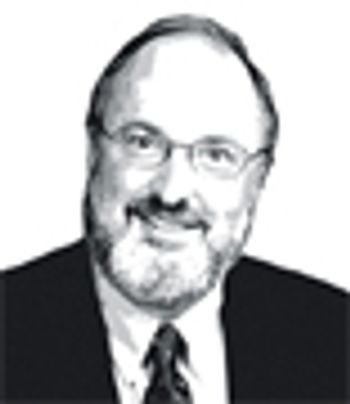
The Acomplia story isn't ending. It's just beginning. Get ready to see what happens when a much-desired drug is marketed by people accountable to no one.
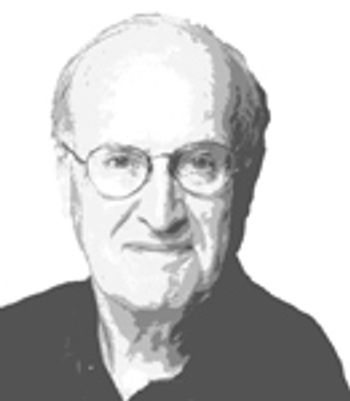
If pharma is seen as a genuine contributor to the policy debate on comparative effectiveness, it could influence funding, pricing, and coverage decisions

Or: No news is good news--for everyone but us reporters

Blockbuster antidepressants linked to bone loss in seniors

Catching up with the first ouchless fast test on National HIV Testing Day

Big crop of oncology drugs is the fruit of Garnier's excellent restructuring

Maraviroc's promise shows the value of expanded-access programs

The take-home from the American Society of Clinical Oncology.

But no news is good news for a drug?s safety profile, a new study says

Active Care Network and biotech partners aim to increase patient compliance.

Drug makers find it hard to recoup development costs, report finds.

Restasis goes against the grain of Rx-to-OTC switching.

It's not FDA's job to make doctors and patients take more responsibility for using drugs wisely. But whose job is it? Really, whose?
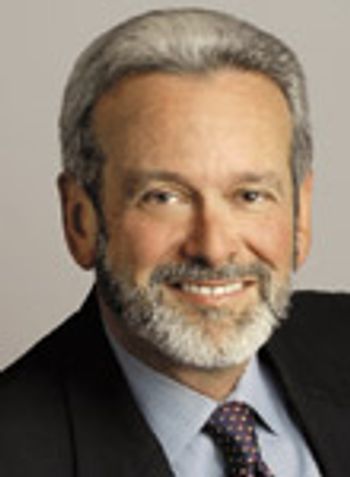
Cell Genesys knows something about building successful biotech companies. In fact, its chairman and CEO, Stephen Sherwin, MD, a Genentech alum, has built at least three, if you count Cell Genesys spinouts Abgenix and Ceregene. Through a strategy of M&A and licensing programs-plus betting on the right technology at the right time-Cell Genesys has been able to raise enough capital to gamble on what Sherwin believes could be the future's most promising therapies, including gene activation, immunotherapy, and oncolytic virus therapy.
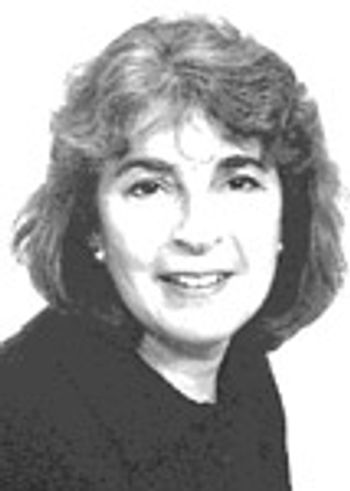
The danger is that effectiveness studies could be used to limit coverage to low-cost products and that additional research requirements for sponsors could be costly

With fewer feet on the street because of downsizing at many drug firms, sales reps and managers need to work smarter-and that means working with information that's both accurate and up to date

A week and a day after the nation?s leading medical journal announced that Avandia poses a much higher heart attack risk than either its maker, GlaxoSmithKline, or FDA had previously reported, the media dustup has come nowhere near peaking. Meantime, analysts are already revising?downward?the damage to GSK?s blockbuster anti-diabetes drug in the face of what appears to be a rush to switch on the part of doctors and patients.

Schwarz's Neupro is company's first new chemical entity launched in US.

High settlement could suggest frustration with pharma's marketing tactics.